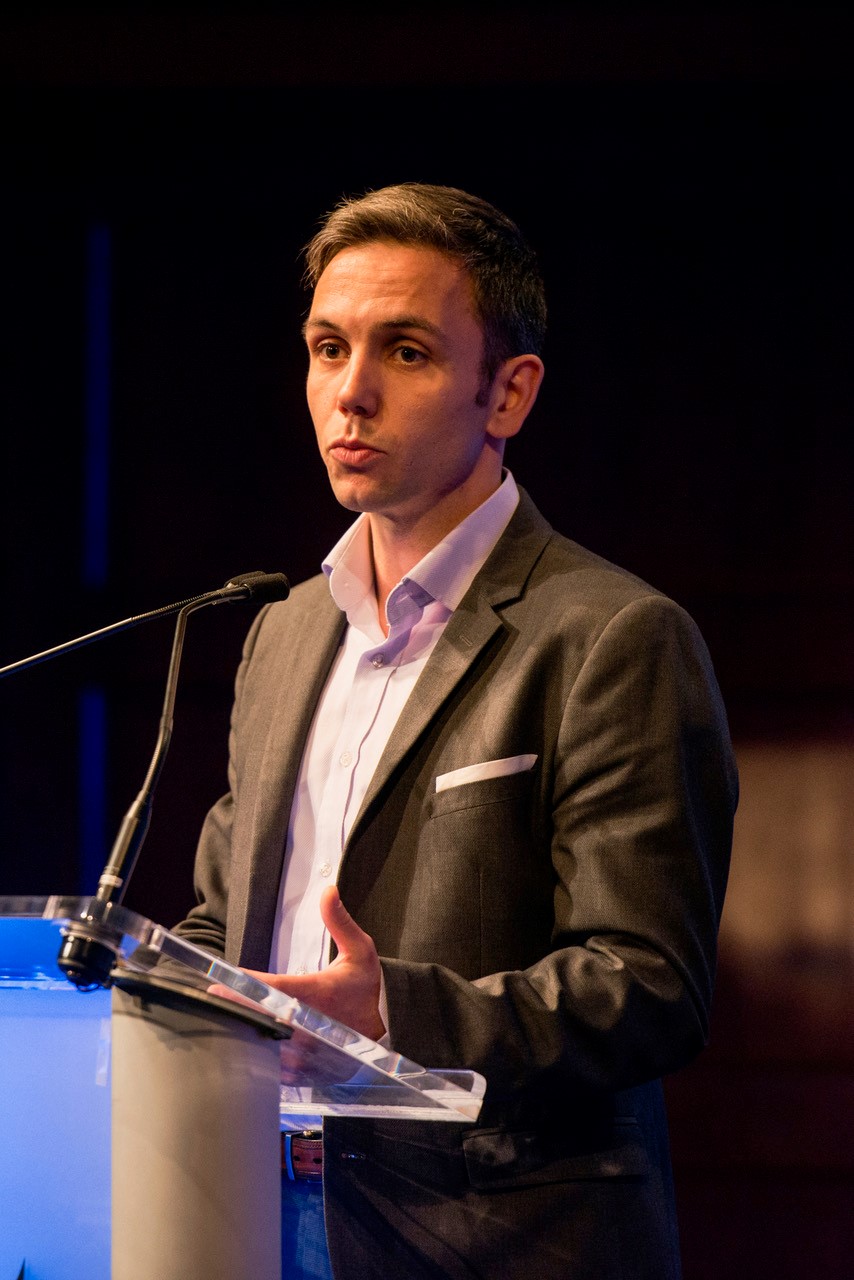
Tel: TBD
Fax: 860-486-5088
Personal Website: https://sites.google.com/view/marbl-mie-utoronto-ca/research
Research:
The Duduta research group is relocating from the University of Toronto, and looking to recruit domestic and international PhD students interested in soft robotics. The group is highly interdisciplinary, using advances in materials processing and electrical characterization to build advanced artificial muscles. Application areas for soft robotics include operation in unstructured environments, medical devices, haptic interfaces, smart textiles and beyond. Students completing Bachelor or Masters degrees in the following disciplines are encouraged to reach out to Prof. Duduta directly (mihai.duduta@uconn.edu): Mechanical Engineering, Electrical Engineering, Materials Science, Biomedical Engineering, Phyisics, Chemical Engineering and Chemistry. Learn more about their work on the group website (https://sites.google.com/view/marbl-mie-utoronto-ca/research) and from Google Scholar (https://scholar.google.com/scholar?hl=en&as_sdt=0%2C24&q=mihai+duduta&oq=).
Short Bio:
Mihai “Mishu” Duduta is joining Mechanical Engineering after being an assistant professor in the Department of Mechanical and Industrial Engineering for two years at the University of Toronto. He completed a BS in Materials Science and Engineering at MIT, then became the first employee of 24M Technologies, a start-up spun out to commercialize a battery technology he co-invented. Four years later he started a PhD at Harvard University, under the guidance of Profs. Robert Wood and David Clarke. His thesis, “Dielectric Elastomer Actuators as Artificial Muscles for Soft Robotic Applications”, included work which won a Gold Award at the Materials Research Society Fall Meeting 2018, and was nominated for Best Paper at ICRA 2018. His postdoctoral work at the University of Minnesota was supported by a Medical Devices Innovation Fellowship, an NSF I-Corps grant, as well as seed funding from the Minnesota Robotics Institute. Working with Prof. Timothy Kowalewski and clinical collaborators, he developed novel miniaturized soft robotic tools for endo-vascular intervention. His research group uses an interdisciplinary approach to address fundamental challenges in soft robotics, including actuation, sensing, and energy storage. His research in Canada was supported by grants from the Natural Sciences and Engineering Research Council of Canada (NSERC – Discovery Grant, Idea to Innovation), the Canadian Foundation for Innovation, the New Frontiers Research Fund, War Amputees Foundation, as well as interdisciplinary seed grants. For his work on steerable micro-catheters, he was the recipient of a 2022 Banting Foundation Discovery Award.
Keywords: active faculty, Current